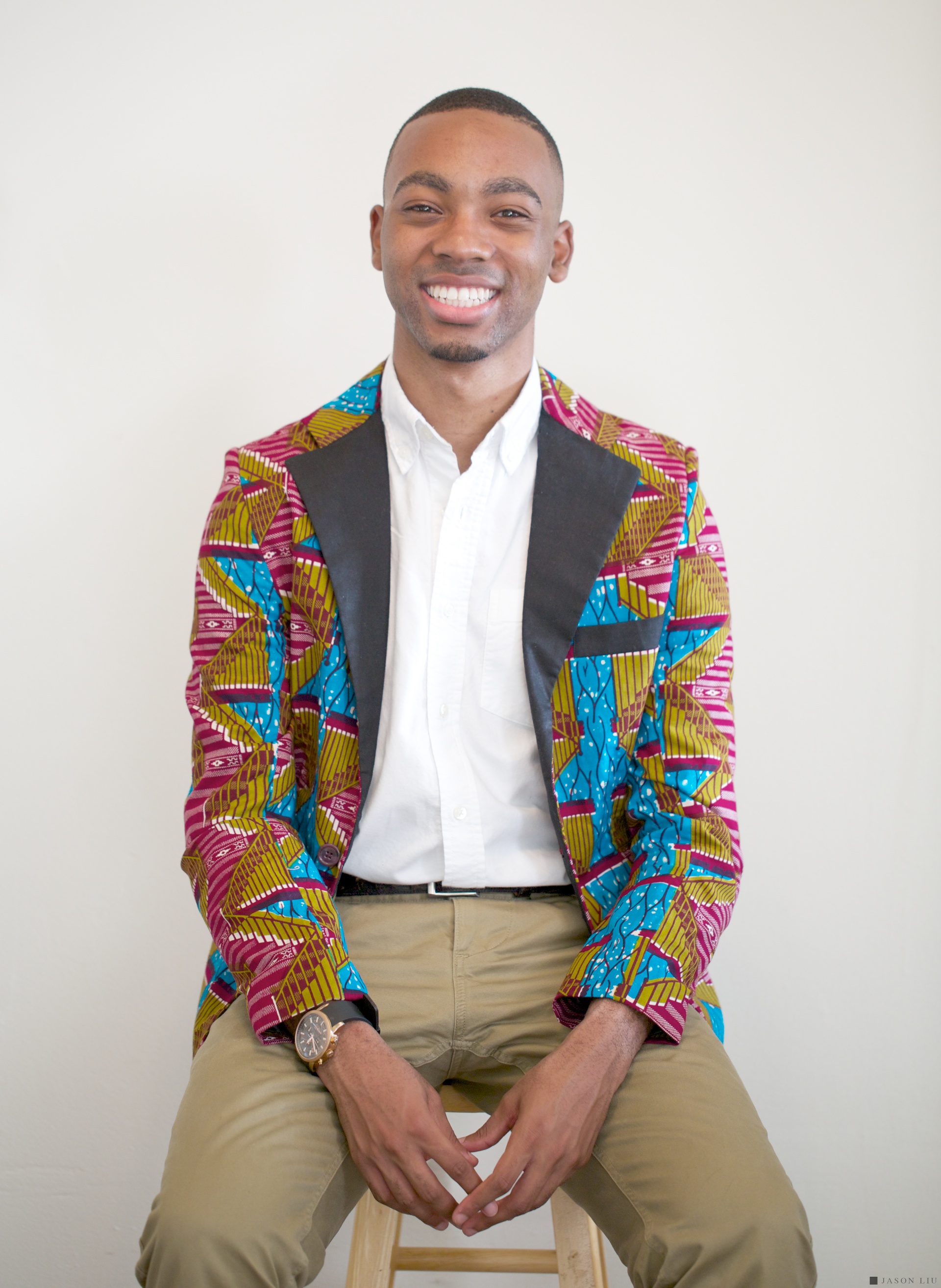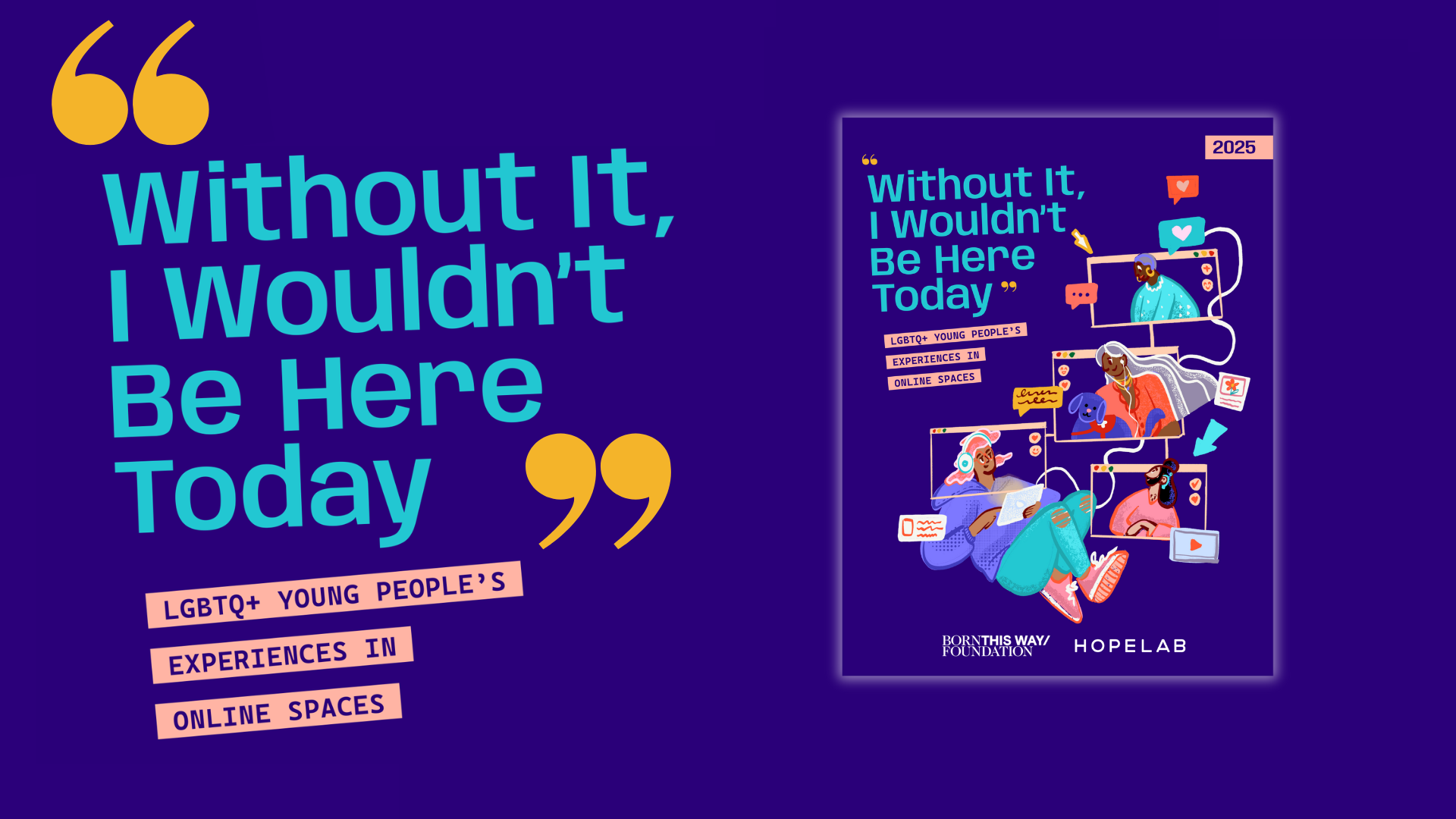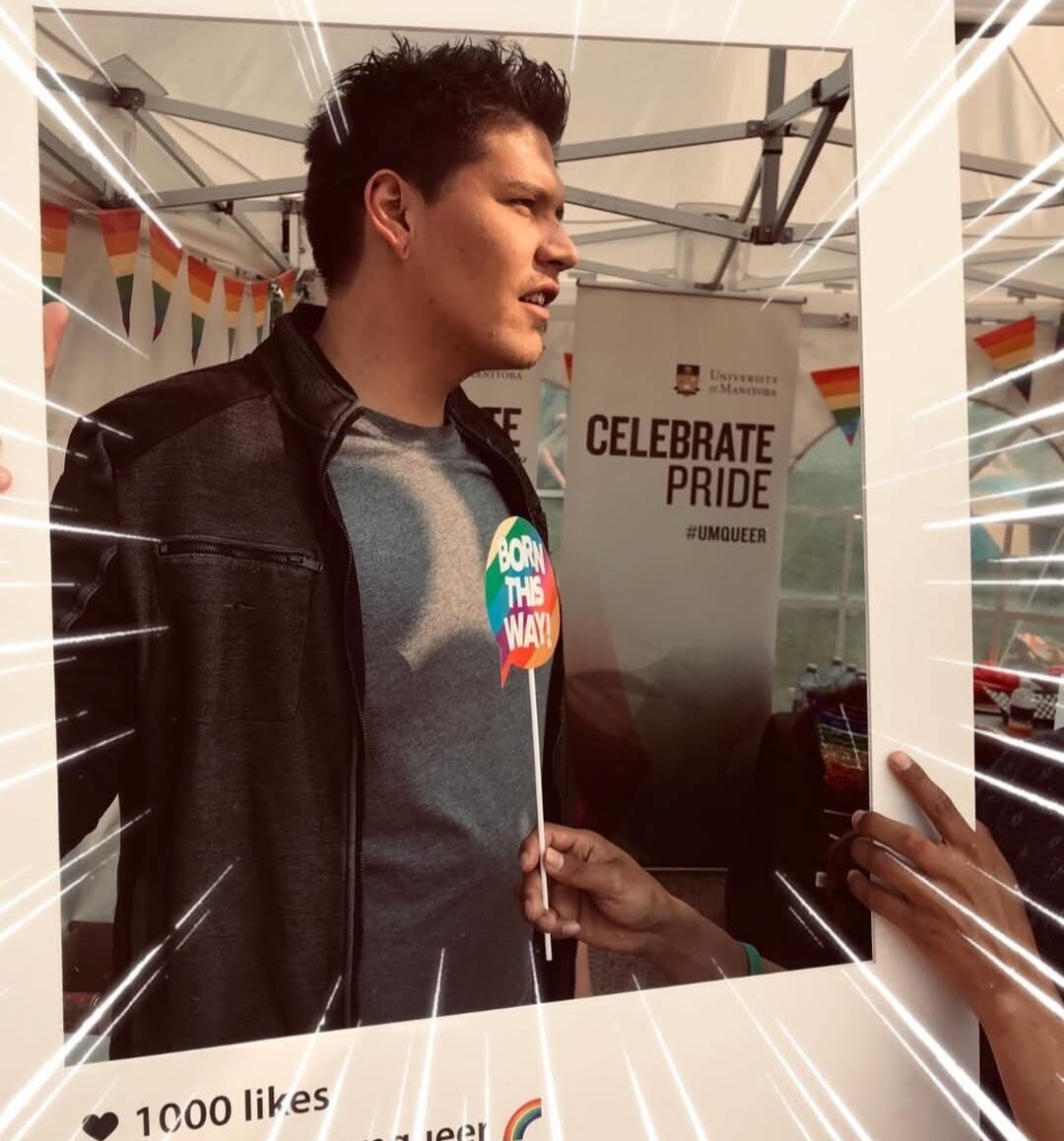February 7 is National Black HIV/AIDS Awareness Day (NBHAAD). While there is a National HIV Testing Day, celebrated on June 27 each year, NBHAAD commands a particular importance not only in the larger HIV advocacy community, but also in my life as a black gay man.
As a black gay man, I am not afforded the luxury of disregarding HIV and its impact on communities around the world, and as such, NBHAAD is not only a day for celebration, but also a day for action. Despite making up only 14% of the United States’ population, African Americans bear the most significant portion of the HIV burden in the United States. The CDC reported in 2016 that African Americans accounted for 44% of all new HIV infections.
If we continue to atomize the African American community more broadly, we find that black gay men are more prone to contract HIV than any other group of people. Needless to say, there is a clear demonstrated need for commemorative days such as NBHAAD, as the disparity in HIV treatment, education, and care is starkest when examined through a racial and ethnic lens.
To celebrate NBHAAD, Cornell Scott Hill Health Center in New Haven organized a private screening of the Oscar-winning movie, “Moonlight.” To some, the connection between HIV in the Black community and a movie centered on black male intimacy, may be a tad opaque.
For me, the juxtaposition was a poignant one, one that highlights an under-recognized contributor to Black men’s battle with HIV: toxic masculinity. Toxic masculinity describes conceptions of masculinity (and by definition femininity), that perpetuate counter-productive and harmful ideas about intimacy, emotional vulnerability, and love.
As it relates to HIV, toxic masculinity, one could argue, contributes to the stigmatization of HIV as something that is not talked about openly or discussed in real terms. Nonetheless, despite the potentially grim conclusions one could make about the HIV in the Black community (in the context of a “Moonlight” movie screening), all is not lost and there is certainly hope for the future.
After the movie screening concluded, I facilitated a post-movie discussion with Mr. Ken Harris, Director of the New Haven Healthy Start program. The goal of our discussion was twofold: to solicit thoughts and opinions about the movie, and to shed light on the issues facing black people (black men in particular), as we continue to battle HIV.
The conversation was incredibly successful. Of particular import, the conversation was grounded in the most beautiful type of kindness and respect. What’s more, there were a considerable number of young people who participated in this community conversation; the young peoples’ presence alone was a demonstration of their leadership, but to chalk their value up to their simple presence would be irresponsible and unfair.
The young men who attended the discussion, were not just present, but rather, they led the discussion at times and challenged ideas posited by their more senior neighbors and community members. In particular, one group of young men who participated in the discussion, commented on the ways in which high school environments often make it difficult for (male) sexual minorities to exists comfortably. The young men also noted that bullying contributes in large part to the stigmatization of queer youth, particularly in the African American community.
Lastly, participants in the conversation noted that there are small ways that communities (students, educators, civil servants, etc.) can decrease stigmatization of both sexual minorities and those living with HIV by adjusting their language and being more inclusive in their programming.
As guests were reflecting on the movie in this particular setting, I was struck by the strength of the community we brought together that evening. Citizens of New Haven from all walks of life converged to express their deep understanding (and often the accompanying hurt) of the struggle many non-heterosexual individuals go through during their life, and how these struggles relate to their physical, emotional, and mental health. To acknowledge and celebrate those who society often overlooks and undervalues (people affected by HIV, black [gay] men, etc.) is arguably the purest demonstration of respect and kindness.
Most importantly, the work (and demonstrations of kindness), did not stop at the “Moonlight” screening and the subsequent discussion. The discussion forum served as a catalyst for new partnerships between individuals and organizations who are committed to fighting HIV in New Haven. Since the screening, there have been talks of city-wide HIV initiatives that will engage youth from local schools, municipal government, churches, and direct service organizations. By definition, this type of work continues to add value to the New Haven community, but also reaffirms that value of the lives of those living with HIV. Like Black Lives, HIV Lives matter too.




















